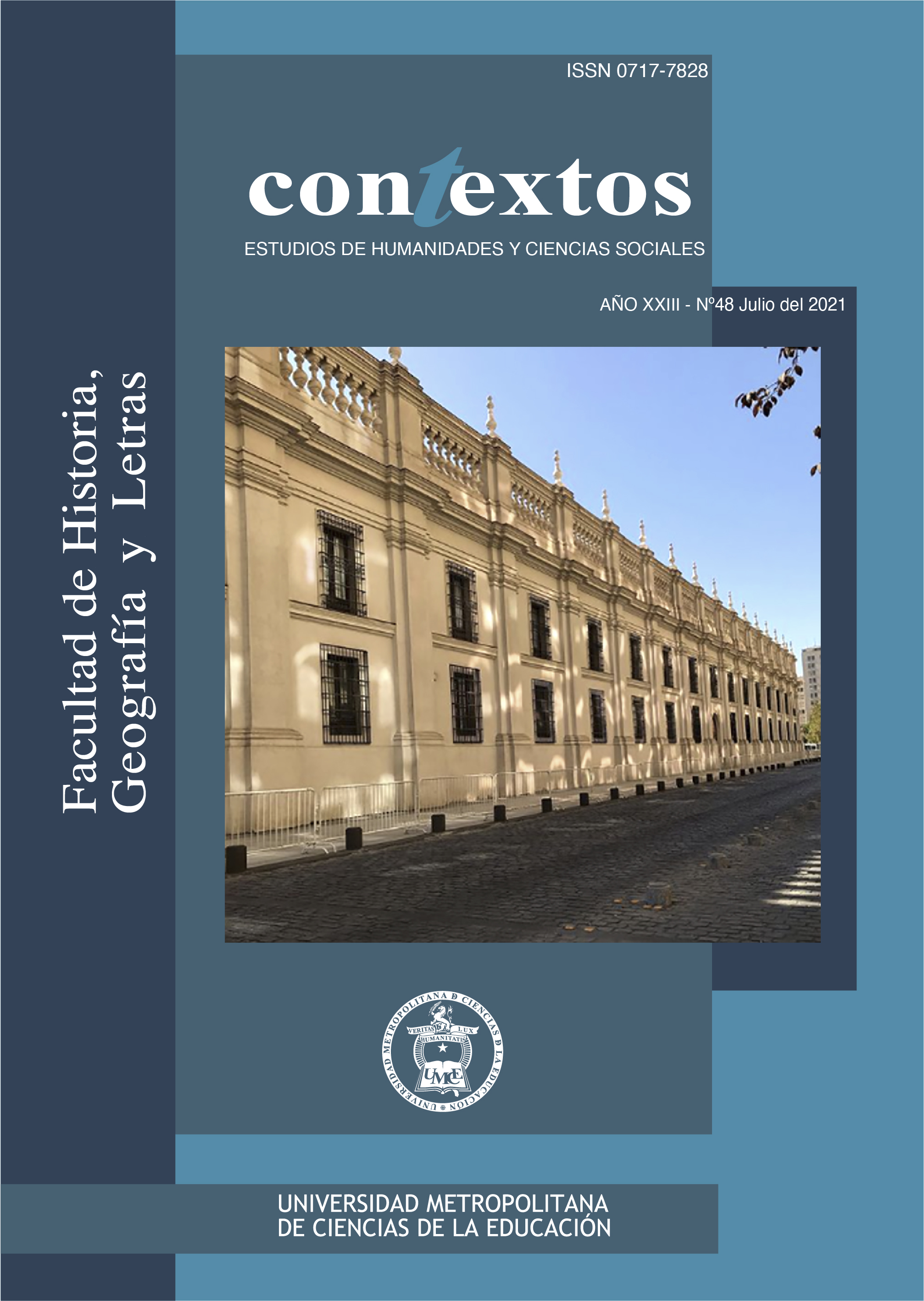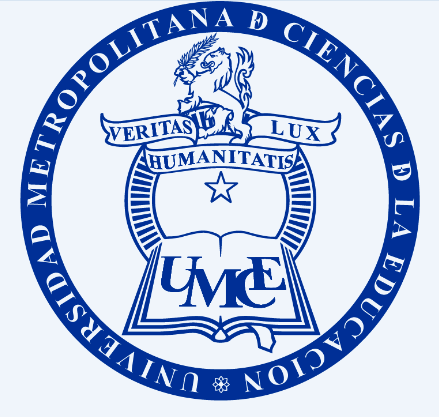Main Article Content
Jul 26, 2021
Abstract
This article explores the emergence of historical consciousness in Julio Cortázar’s work. Cortázar’s career shows an evolution from the aestheticism of the historical avant-garde and international modernism to a progressive awareness of the intellectuals’ engagement with Latin American politics. Although metafictional and historical elements recur in many of his works, he only began to write historical fictions and political essays after his firsthand discovery of revolutionary Cuba. In Libro de Manuel Cortázar reflects on this shift in both his life and his work using the narrative mode known as historiographic metafiction, but it is in his late short-stories where a synthesis of ethics and aesthetics achieved the highest degree of success.
Downloads
Policies for open access journals
Authors who publish here accept the following terms: Authors will keep their copyright and will guarantee the journal the right to the first publication of their work, which will be subject to the Licence of Creative Commons acknowledgement, which allows for the use of this material only if the authorship is credited and the original source is acknowledged (the journal’s URL), and if it is not used with commercial ends and with any derivations of the original work.
Authors may adopt other non-exclusive license agreements of distribution of the published version (e.g. to save it onto a digital institutional archive or publish it in a monographic volume) only if the initial publication of this journal is indicated.
It is permitted and recommended for authors to divulge their work on the Internet (e.g. institutional digital archives or webpage) before and during the submission process, which may lead to interesting exchanges and increase the citations of the publication. (See Open Access Effect).
References
—. “Imaginación e historia en Julio Cortázar”. Los ochenta mundos de Cortázar: ensayos. Ed. Fernando Burgos. Madrid, EDI-6, 1987, pp. 1-20.
Alazraki, Jaime et al. 1985. “Mesa redonda: nuevas alambradas y vieja cultura, dos años después de la muerte de Cortázar”. INTI, no. 22/23, 1985-1986, pp. 413-423.
Arias Careaga, Raquel. Julio Cortázar: de la subversión literaria al compromiso político. Madrid: Sílex ediciones, 2014.
Cortázar, Julio. Los reyes. Buenos Aires: Gulab y Aldabahor, 1949.
—. Bestiario. Buenos Aires: Sudamericana, 1951.
—. Las armas secretas. Buenos Aires: Sudamericana, 1959.
—. Los premios. Buenos Aires: Sudamericana, 1960.
—. Rayuela. Buenos Aires: Sudamericana, 1963.
—. La vuelta al día en ochenta mundos. México DF: Siglo XXI, 1967.
—. 62/Modelo para armar. Buenos Aires: Sudamericana, 1968.
—. Último round. México DF: Siglo XXI, 1969.
—. “Literatura en la revolución y revolución en la literatura: algunos malentendidos a liquidar”, Marcha, no. 1478, 1970, pp. 30-31.
—. Viaje alrededor de una mesa. Buenos Aires: Cuadernos de Rayuela, 1970.
—. “Corrección de pruebas en la alta Provenza”. Convergencias / Divergencias / Incidencias. Ed. Julio Ortega. Barcelona: Tusquets, 1973.
—. Libro de Manuel. Buenos Aires: Sudamericana, 1973.
—. Alguien que anda por ahí. Madrid: Alfaguara, 1977.
—. Queremos tanto a Glenda. México DF: Nueva Imagen, 1980.
—. Deshoras. México DF: Nueva Imagen, 1983.
—. Los autonautas de la cosmopista. Barcelona: Muchnik, 1983.
—. Salvo el crepúsculo. México DF: Nueva Imagen, 1984.
—. Nicaragua tan violentamente dulce. Barcelona: Muchnik, 1984.
—. Argentina: años de alambradas culturales. Barcelona: Muchnik, 1984.
Franco, Jean. “Narrador, autor, superestrella: la narrativa latinoamericana en la época de cultura de masas”. Revista Iberoamericana, vol. 47, no. 114-115, 1981, pp. 129-148.
—. “Julio Cortázar: Utopia and Everyday Life”. INTI, vol. 10-11, 1979-1980, pp. 108-18.
González Bermejo, Ernesto. Revelaciones de un cronopio: conversaciones con Cortázar. Buenos Aires: Contrapunto, 1986.
Harss, Luis. Los nuestros. Buenos Aires: Editorial Sudamericana, 1977.
Hutcheon, Linda. A Poetics of Postmodernism: History, Theory, Fiction. London: Routledge, 1988.
—. The Politics of Postmodernism. London: Routledge, 1989.
Juan-Navarro, Santiago. “Un tal Morelli: teoría y práctica de la lectura en Rayuela”, Revista Canadiense de Estudios Hispánicos, vol. 16, no. 2, 1992, pp. 235-52.
—. “Sobre dioses, héroes y novelistas: La reinvención de Quetzalcóatl y la reescritura de la conquista en 'El mundo nuevo' de Carlos Fuentes”. Revista Iberoamericana, vol. 62, no. 174, 1996, pp. 103-28.
McHale, Brian. Postmodernist Fiction. London: Routledge, 1987.
Monsiváis, Carlos. “¿Encontraría a la Maga en una manifestación?: Julio Cortázar y la política”. Revista de la Universidad de México, no. 1, 2004, pp. 16-19.
Montoya, Pablo. “Julio Cortázar y la revolución”. Revista Universidad EAFIT, vol. 44. no. 151, 2008, pp. 53-65.
Orloff, Carolina. The Representation of the Political in Selected Writings of Julio Cortázar. London: Tamesis, 2013.
Peris Blanes, Jaume. “El perseguidor, de Cortázar, entre la figuración de la vanguardia y la emergencia de una nueva subjetividad”. Revista de crítica literaria latinoamericana, vol. 37, no. 74, 2011, pp. 71-92.
Sicard, Alain. “Utopía y compromiso (poética y política de Julio Cortázar)”. INTI, no. 22-23, 1985-1986, pp. 247-254.






